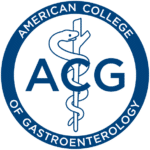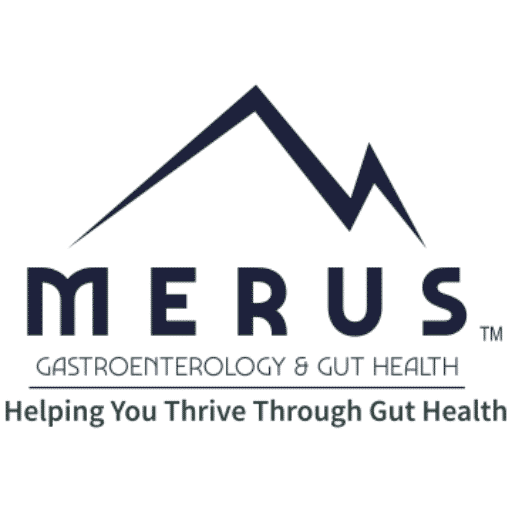Understanding PPIs and GERD
Proton pump inhibitors (PPIs) are commonly prescribed to manage GERD (gastroesophageal reflux disease) by reducing stomach acid production. While effective for symptom relief, long-term use is not always necessary or recommended for every patient. If you’re searching for a “gastroenterologist near me” to discuss your GERD management, understanding when and how to stop PPIs is crucial for your gut health.
When Should You Consider Stopping PPI Medication?
- Short-Term Use: For most uncomplicated reflux cases, PPIs are intended for 8 weeks or less.
- Long-Term Use: Extended use may be necessary for severe esophagitis, Barrett’s esophagus, or other complications. Always consult your healthcare provider before making changes.
- Symptom-Free Period: If your symptoms are well-controlled and you have no evidence of severe esophageal damage, your provider may recommend weaning.
Safe Weaning: How to Stop PPIs
Abruptly stopping PPIs can lead to a phenomenon called acid rebound, where your stomach produces more acid than before, causing symptoms to flare up. To minimize discomfort, follow these evidence-based strategies:
-
Gradual Dose Reduction (Tapering)
- Reduce the dose over 2–4 weeks, especially if you’ve been on a high dose or long-term therapy.
- For example, if you take a PPI twice daily, reduce to once daily, then to every other day, before stopping completely.
- Take your medication with your largest meal during the weaning process to help control symptoms.
-
On-Demand Therapy
- Use your PPI only when symptoms occur, rather than daily, if your GERD is mild and your esophagus is healthy.
- If symptoms return frequently, daily therapy may still be needed.
-
Alternative Medications
- Consider H2 blockers (like famotidine) or antacids to manage rebound symptoms during the transition.
What to Expect During PPI Withdrawal
- Rebound symptoms (heartburn, regurgitation) are common and may last weeks to months as your body readjusts.
- The duration and severity of symptoms often depend on how long you’ve been taking PPIs.
- Lifestyle modifications—such as weight management, dietary changes, and elevating the head of your bed—can help reduce symptoms during and after weaning.
Long-Term GERD Management Plans
- Regular follow-up with a gastroenterologist is essential to monitor your symptoms and esophageal health.
- Focus on lifestyle changes: avoid trigger foods, eat smaller meals, and maintain a healthy weight.
- For persistent or severe symptoms, further evaluation (such as endoscopy) may be necessary to rule out complications.
When to Consult a Specialist
Always consult your healthcare provider or a gastroenterologist near you before making any changes to your medication regimen. Individualized plans are critical, especially if you have:
- Severe or complicated GERD
- History of esophageal damage
- Symptoms that return or worsen after stopping PPIs
Merus Gastroenterology & Gut Health LLC is committed to providing expert guidance for GERD patients. If you’re considering stopping your PPI or need a personalized long-term plan, schedule a consultation with our team today.









